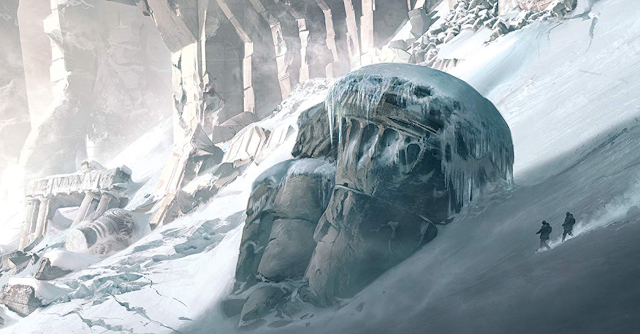Ode to Psyche

I had studied Keats' most famous odes. While the other ones are more well-known, I enjoyed "Ode to Psyche" the most. In his time, Walt Whitman and Lord Byron were the prime naturalist poets. This poem has the most natural element in it. To convey a distinct Keatsian style, Keats merged both mythology and imagination. As we know, Psyche is the Greek goddess who was immortalized by her symbol of love for Eros, the god of love. Through turbulent tasks and many of Aphrodite's trials, Psyche prevails. On the other hand, the psyche means the human mind and consciousness. Many have commented on how this poem reminds them of a dream-like state. This can be attributed to how Keats is "looking" at Psyche and Eros from a distance, therefore creating this illusion of being at once present and not present. In this poem, Keats captures the ethereal state of innocence; however, Keats is listed amongst poets in the romantic era for the ode’s sensuality. A form of a sonnet




